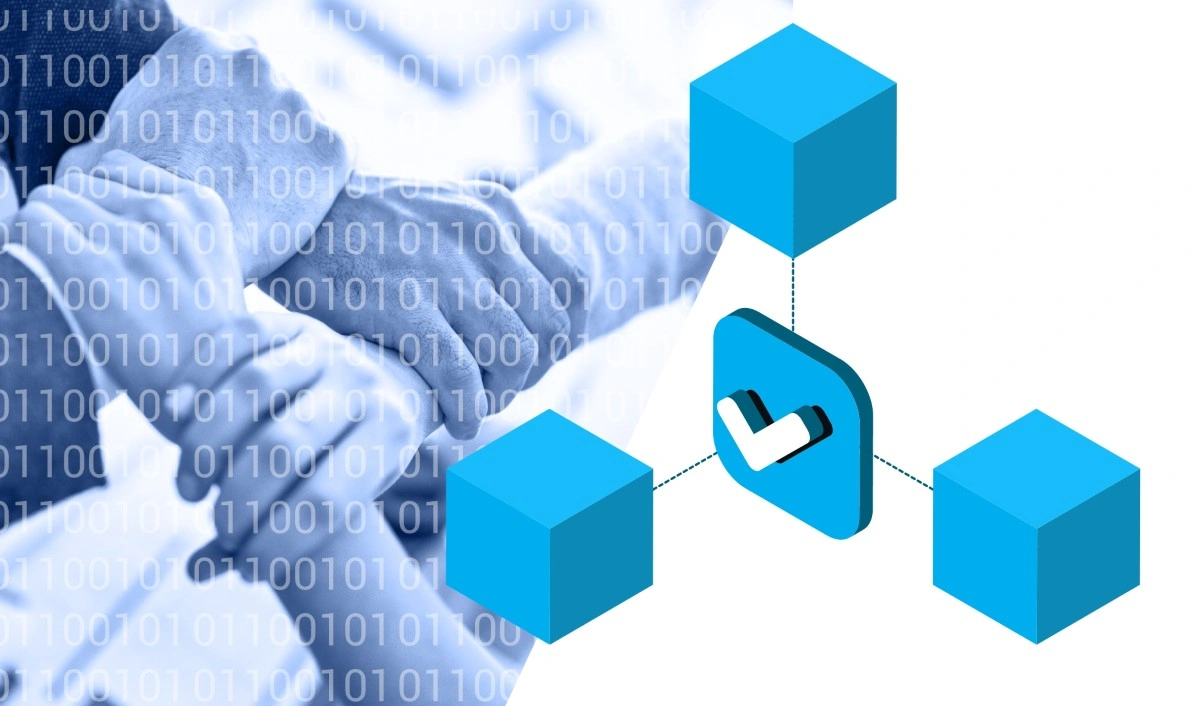Recruiters and universities face a common problem today: the creation, marketing and use of fake documents. This is a growing problem for both institutions and recruiters, who are presented with ever more fake documents, certificates, misleading statements and false claims in interviews. According to a 2018 study by the Florian Mantione Institute, as many as 65% of resumes are misleading in their claims! In light of this phenomenon, which seems to have become commonplace, there are several solutions that can be put in action, particularly by leveraging digital credentialing and verification.
Discover with BCdiploma how to minimize and even stamp out certificate fraud thanks to digital credentials.
What do we mean by fake diplomas or certificates?
Different types of fake diplomas and certificates
Certificate or diploma fraud can take on several forms:
- The presentation of a certificate from a recognized institution that has been falsified.
- The presentation of a certificate from an unrecognized institution, such as a “diploma mill”.
- False assertion of having obtained a diploma when this is not the case, whether during an interview or on a CV.
What are the consequences of diploma fraud?

Diploma fraud can have regrettable consequences for everyone:
- The candidate, who can be excluded from the selection process, or even prosecuted for forgery or use of a forgery, an offence that, in some cases, can lead to a 3-year prison sentence and a €45,000 fine.
- The recruiter, who wastes time and therefore money on a person who does not have the expected qualifications and can harm the credibility of the recruiting company, or even create a safety risk, depending on the position occupied by the recruit.
- The issuer whose diploma has been falsified, which risks losing credibility, penalizing the value of its training and legitimate graduates.
What solutions can be put in place to fight document fraud?
Human solutions against diploma fraud
Check the candidates’ assertions one by one
During recruitment or application procedures, companies and universities can check for themselves all the documents submitted to them by candidates. This activity is, however, severely limited by costs, in terms of time, money, and manpower. Indeed, the work involves examining the diploma carefully, and making contact with the entity that issued it, or a former employer to check every one of the candidate’s statements.

Contract a third party to verify the claims
To save time and avoid requisitioning staff for such a long and meticulous task, it is also possible to contract a third party to verify diplomas and CVs. This solution has a significant financial cost, although it allows universities and companies to delegate the task to professionals, and focus other aspects of the recruitment or admissions process.
The technological solution: digital credentials
The third solution against fake diplomas and certificates is the wholesale adoption of the digital credentials system by universities, training organizations, state entities, and companies alike. Diplomas delivered digitally and certified on the blockchain are, in fact, impossible to modify or falsify. This modern, practical method also makes it possible for any stakeholder to instantly check the validity of the documents presented.
100% reliable digitalized diplomas from BCdiploma

BCdiploma offers universities and certifying entities the ideal solution for the digitalization of diplomas and certificates, allowing:
- Diploma and certificate issuers to ensure that the documents they issue are completely tamper-proof and unforgeable.
- Other universities or recruiters to be assured of the validity of the documents presented to them.
- Candidates to easily share their diplomas using a digital wallet.
With BCdiploma, say “goodbye” to fake diplomas and enter the blockchain era!
[title[Fighting document fraud with digital credentials]]
[description[Fake diplomas, certificates and claims: how can universities and employers deal with them? BCdiploma has the answer!]]
